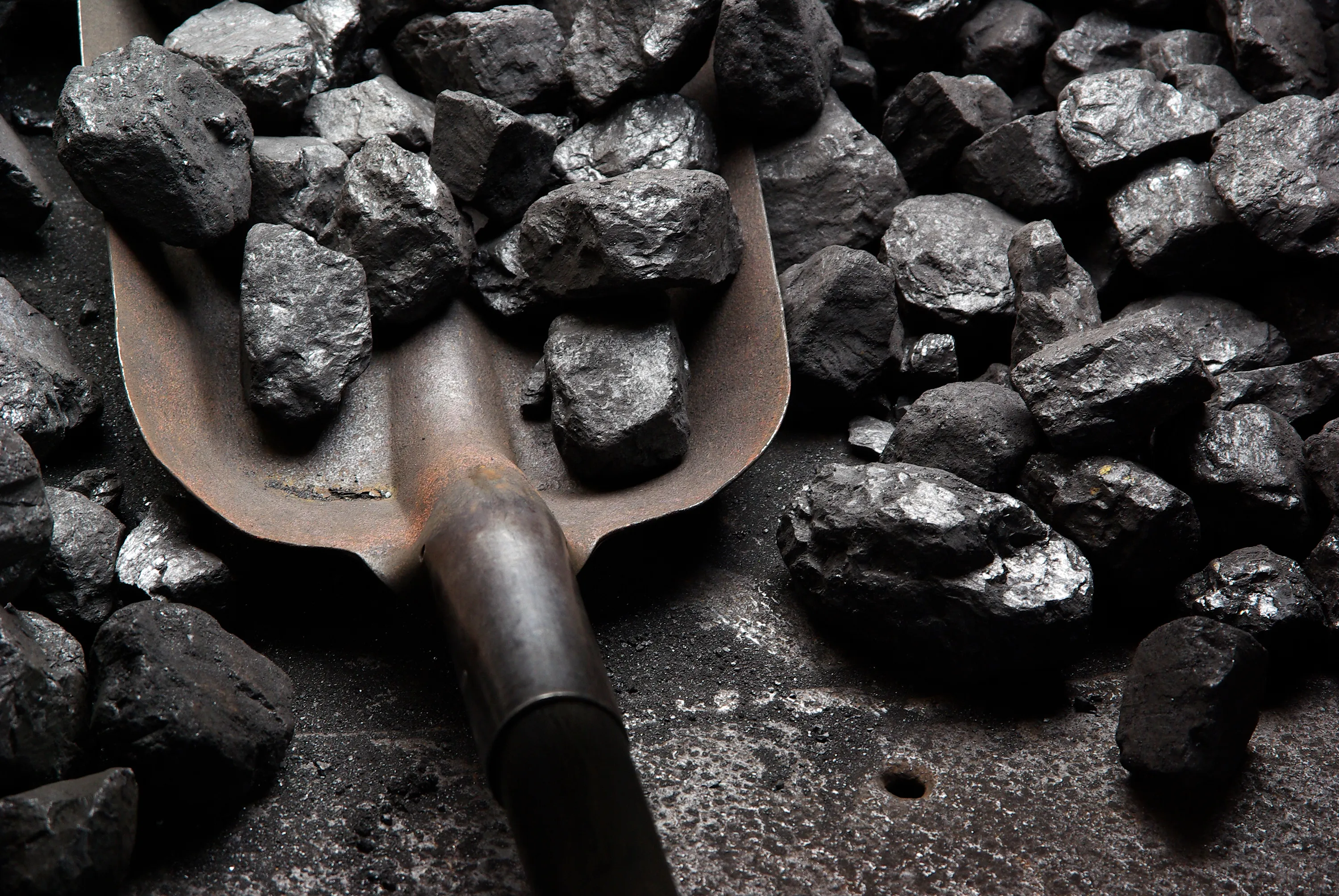
Daily Audio Newscast - January 22, 2025
© AlexLMX - iStock-823000260
Six minutes of news from around the nation.
Historic snow amounts fall in Florida, Louisiana and Texas as a once-in-a-generation storm hits; CO Worker's coalition aims to address climate emergency, economic inequality; Report: proposed cuts to Medi-Cal will hurt rural CA the most; Bill aims to broaden Indiana Lifeline Law.
Transcript
The Public News Service Daily Newscast, January the 22nd, 2025.
I'm Mike Clifford.
Historic snowfall is hitting parts of the Gulf Coast amid dangerous cold as a once in a generation winter storm wreaks havoc on travel in a region wholly unaccustomed to winter weather.
That's from CNN.
The report snow is falling from southeast Texas through Louisiana and into parts of Mississippi and Alabama Tuesday and creating treacherous conditions in areas stretching from Houston into southern Louisiana.
A record amount of snow is forecast for New Orleans and other cities along the Gulf Coast.
And speaking of climate, 2024 was the hottest year on record.
Colorado workers have a plan to do something about that.
As President Donald Trump abandons a promise the U.S. made in Paris nearly a decade ago, organized workers across Colorado are joining forces to address a climate emergency that, according to global scientific consensus, threatens the very biosphere needed to sustain life as we know it.
Nate Bernstein with Climate Jobs Colorado says today's economy is not working for all Coloradans.
He believes ramping up clean energy production can help reduce income and racial inequality.
As of 2018, we had the highest gap inequality in wealth in over 100 years.
One way that we can help bridge that gap is by creating good, solid union jobs across the state of Colorado.
Trump has issued executive orders to achieve energy dominance by increasing production of oil, gas, and coal.
When burned, these fossil fuels release greenhouse gases into the atmosphere.
More than two centuries of industrial pollution has led to rising global temperatures and an increase in catastrophic events, including massive wildfires, flooding, prolonged drought, and even polar vortexes.
I'm Eric Galatas.
And rural folks in California would be hurt the most by huge proposed cuts to Medicaid.
That's known in California as Medi-Cal, according to a new report from Georgetown University. 49 percent of children in rural parts of the state get their health care through Medi-Cal and 41 percent in urban areas.
Faith Colburn with the Children's Partnership says the cuts would be widely felt.
5.3 million children in California are on Medi-Cal, 53 percent of California's children.
And 40 percent of births are covered by Medi-Cal and three-fourths are children of color.
Congressional Republicans have suggested ways to reduce Medicaid spending in order to extend tax cuts enacted by President Donald Trump in 2017, which some say mainly benefited wealthy people.
The cuts could take the form of block grants that put a ceiling on how much states would be reimbursed, regardless of need or eligibility.
The report found that in 2022, 52 percent of rural hospitals no longer had maternity wards, compared to 36 percent of urban hospitals.
This is Suzanne Potter reporting.
Find our trust indicators at publicnewsservice.org.
This is Public News Service.
Next, Indiana lawmakers are moving forward with plans to expand the state's Lifeline Law, which protects those seeking emergency help in alcohol-related crises.
A Senate committee unanimously approved a bill to extend immunity to individuals in distress due to excessive drinking, aiming to address hesitation among young people to call for help.
Rebecca Sener is vice president of the Purdue University student body.
She says broader protections encourage people to seek assistance in dangerous situations without fearing legal repercussions.
The parties protected under this law are the caller and those who assist the caller.
The person in need of medical attention is not protected to this day.
Critics, however, raise concerns that expanding immunity might unintentionally encourage reckless behavior, such as excessive drinking, by reducing perceived consequences.
I'm Joe Ulari, Public News Service.
Find our trust indicators at publicnewsservice.org.
Next to Kentucky, a state that has seen one of the largest percentage increases in the incarcerated population serving life without parole.
In 2024, almost 200,000 people, or one in six people in prison, were serving life sentences, and more than 97,000 are serving life without parole sentences.
So while life with the possibility of parole has come down in Kentucky, as it has with many states, life without the possibility of parole has increased from 30 people to 150 people in a relatively short period of time, which is troubling.
Racial disparities in life imprisonment are higher among those who were under 25 at the time of their offense compared to those who were 25 and older.
Nadia Ramlagan reporting.
Finally, dams on the Lower Snake River in Washington state are losing water to evaporation at a rapid rate.
That's according to a new study.
Eric Tegethoff explains.
The reservoirs created by the four Lower Snake River dams lose more than 30,000 acre-feet of water each year.
That's enough water for the household needs of 240,000 people, the Stockholm Environment Institute estimates.
Myles Johnson with Columbia Riverkeepers says this is another drawback of the dams.
This study shows that there is a hidden cost to the existence of the Lower Snake River dams, and that's not to take away from any of the other well-understood costs of the Lower Snake River dams, which are the compromise of tribal treaty rights, competing salmon recovery.
The reservoirs from the dams have a surface area of about 30,000 acres in total.
Columbia Riverkeeper and other organizations are calling for the dams to be removed to ensure the recovery of endangered species like salmon, which also impacts tribal nations.
Critics say dams are often taken down without the input of nearby communities.
This is Mike Clifford for Public News Service, member and listener supported.
Hear us on radio stations big and small, your favorite podcast platform.
Find our content and trust indicators at publicnewsservice.org.
















